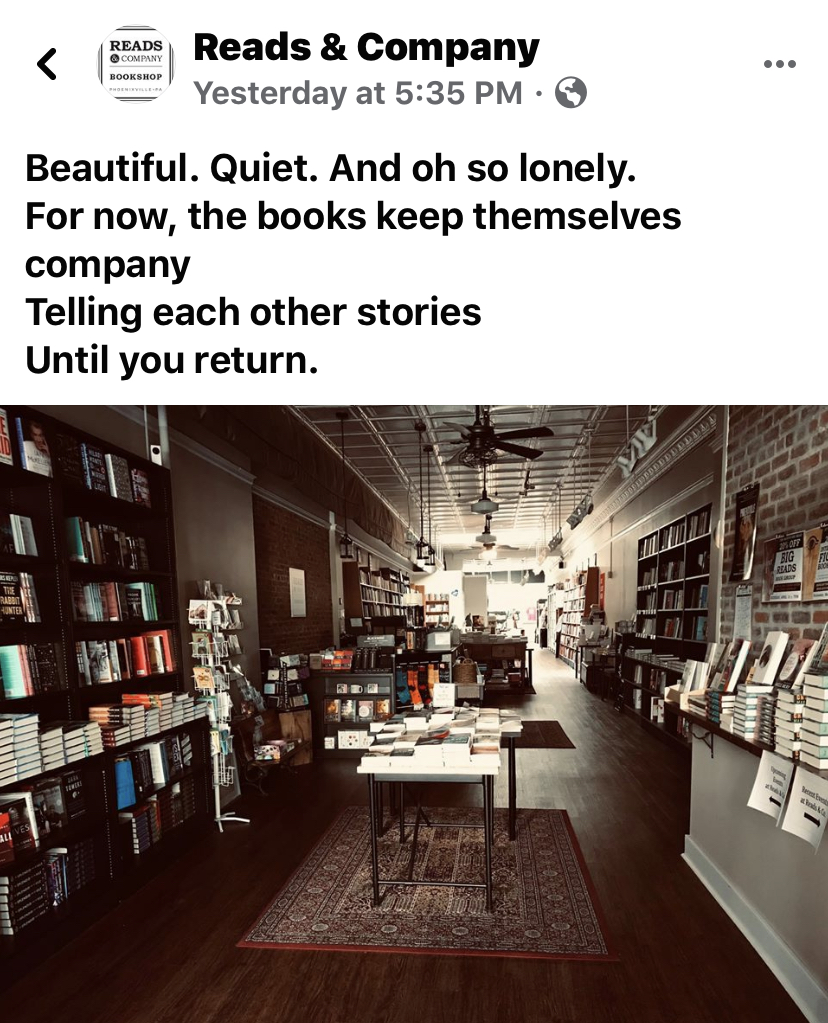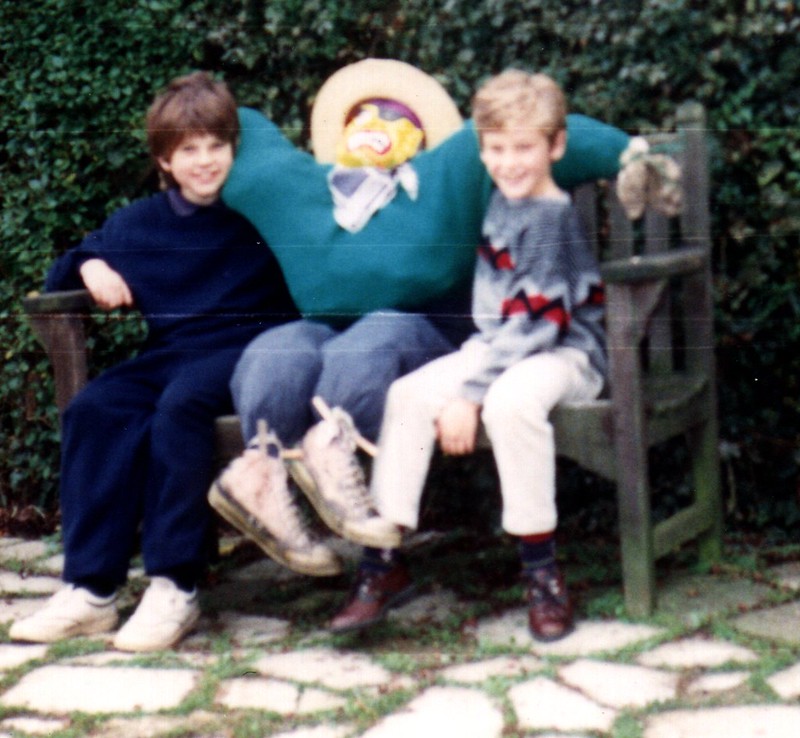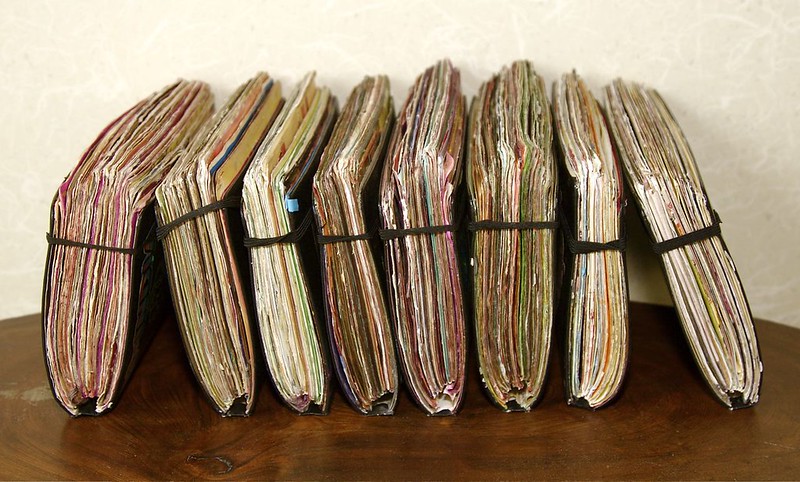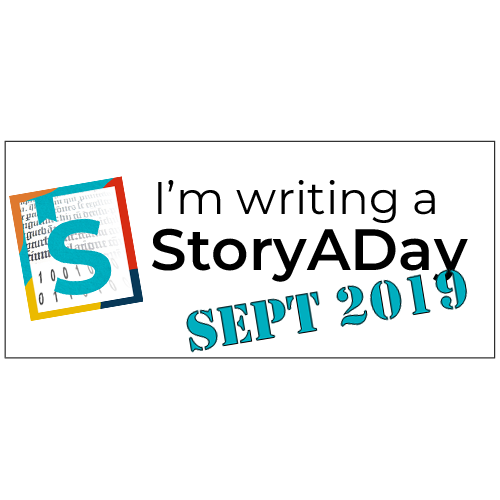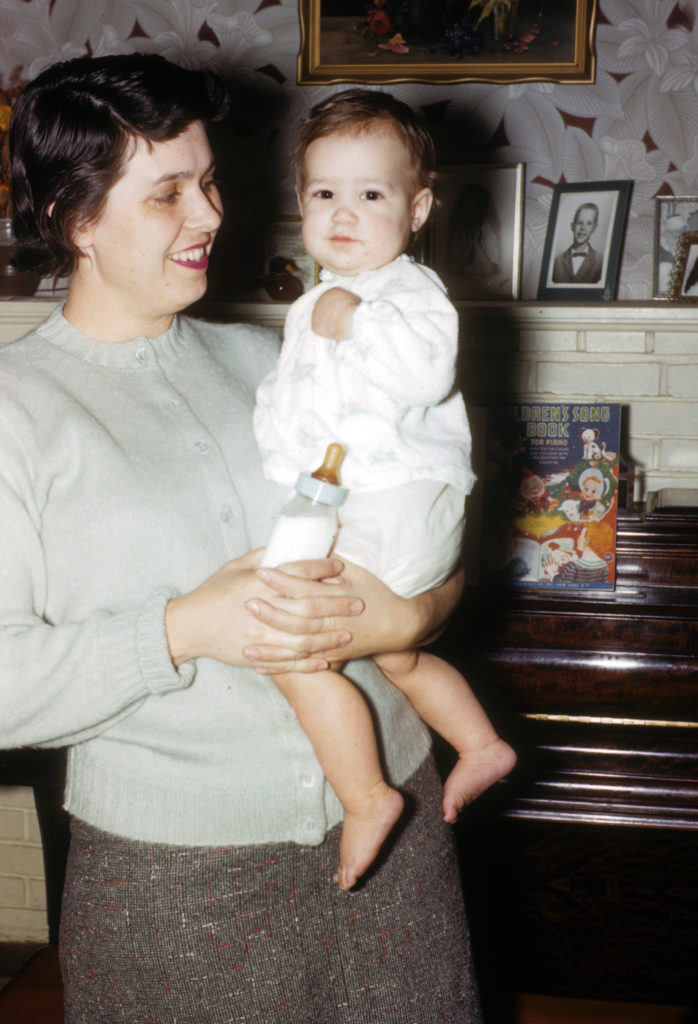We are one month away from StoryADay May, people! This is not a drill.
Actually, yes, it kind of is.
This is THE PERFECT TIME TO WARM UP your writing (take it from someone who didn’t, the very first year I ran this thing. I thought it would be smart to save all my ideas until May. Um, wrong!)

One of the easiest ways to get into the flow of writing is to minimize the amount of stuff you have to invent. So today I have two prompts for you, from the archives, which help you take that ‘write what you know’ thing and have a little more fun with it than if you were simply journaling.
The Prompt
Read through these two prompts from the archives and decide which one is most interesting to you.
When Your Character Is Like You
When Your Character Is Not Like You.
Tips
Pull out your Short Story Framework and brainstorm that story. Then: write!
Try to get to the end of the story today. Bonus points: write to the other prompt tomorrow!
Remember, if the story is getting away from you, to limit it only to the essential characters, settings and details. Just enough to paint a picture for yourself.
Also: don’t worry if this story is not ‘good’. It’s only a draft.
If you share you story somewhere (and here’s why you might not want to) post a link here so we can come and read it.
Leave a comment to let us know what you wrote about today, and how it went!


